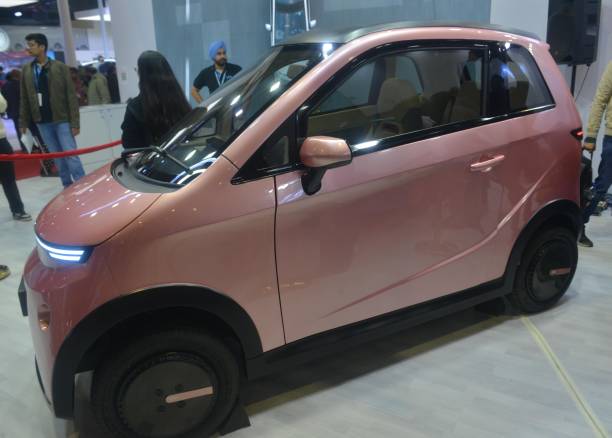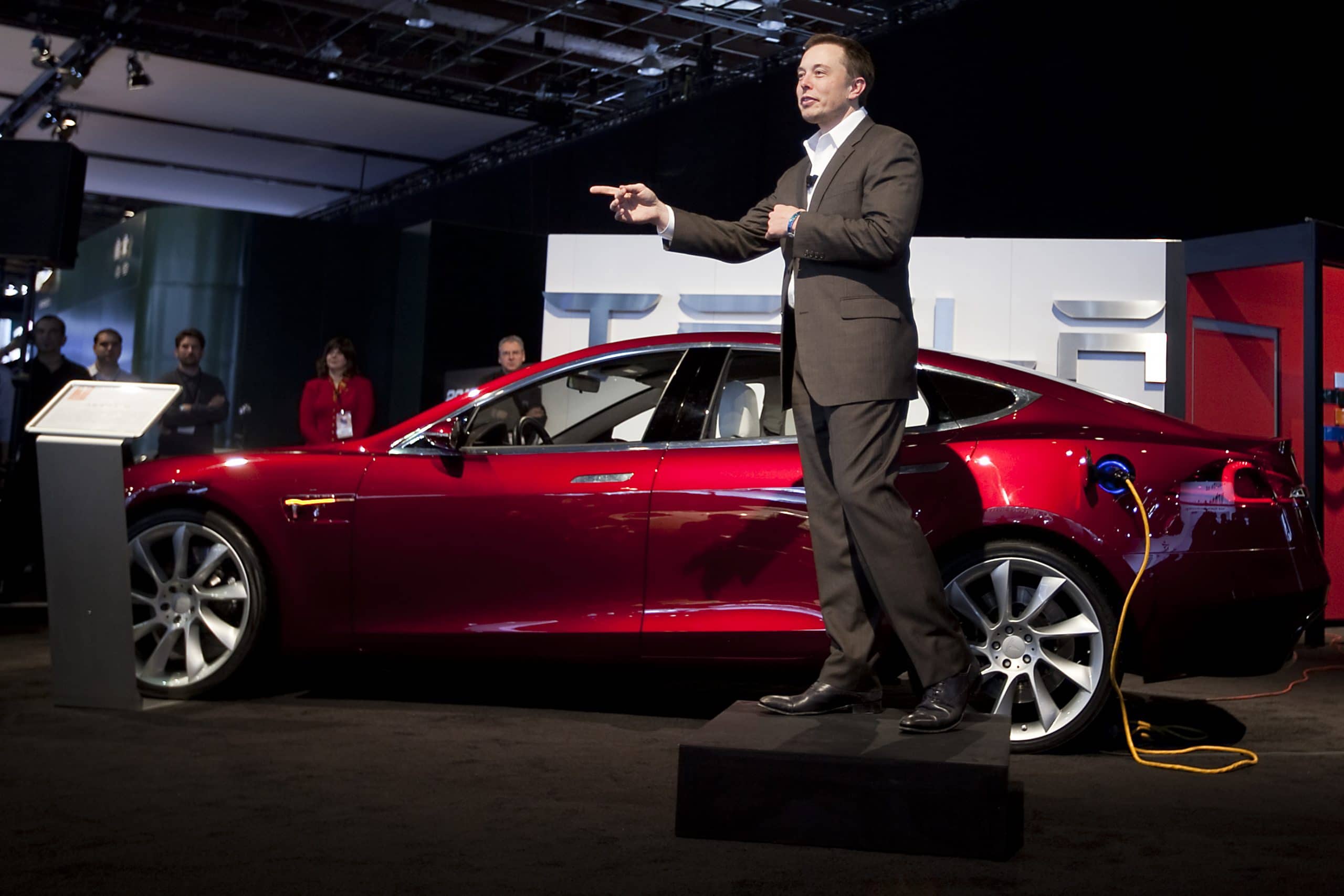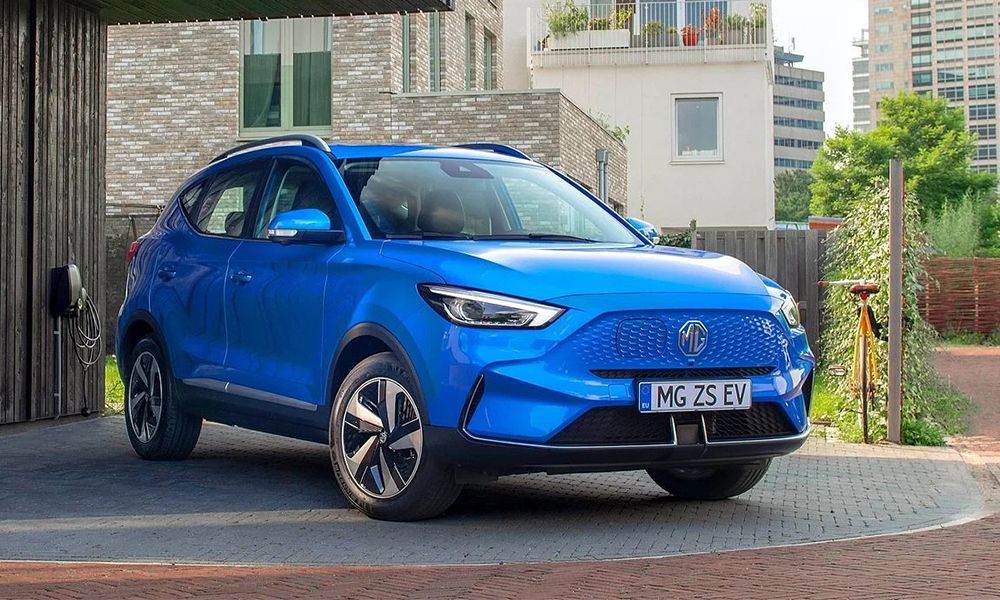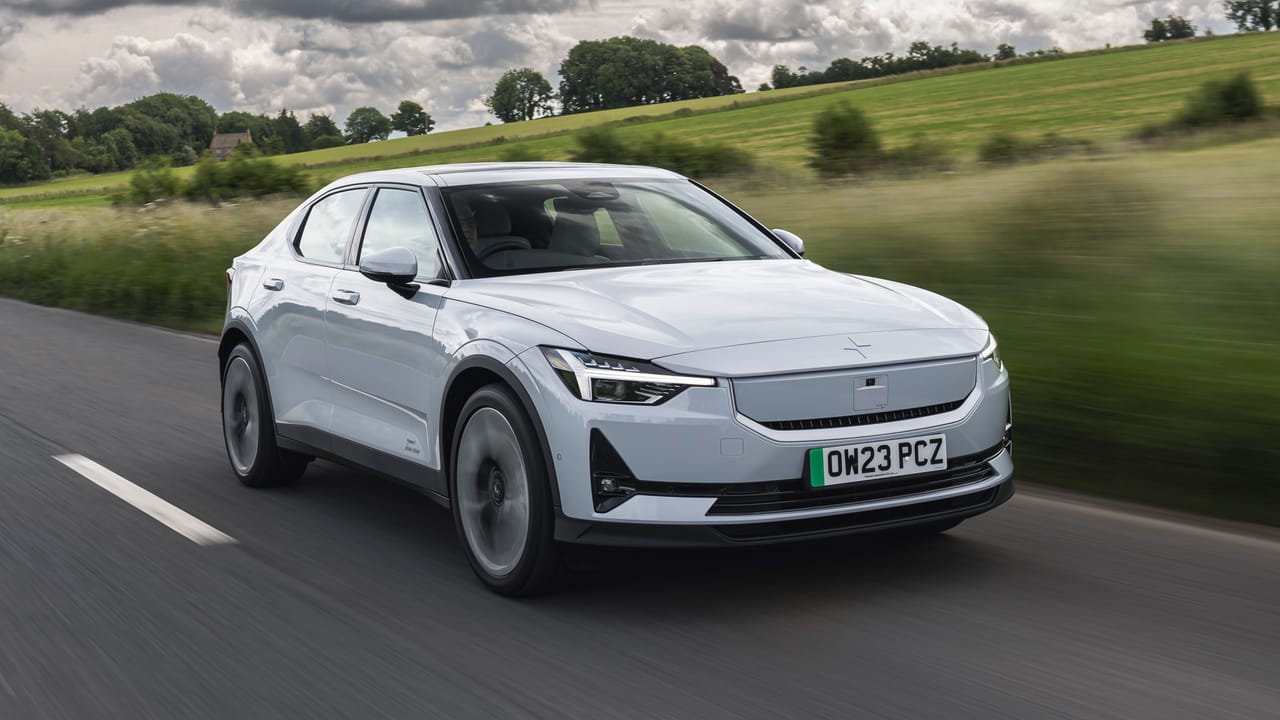Answer: Yes, buying an electric car in India is worth it if you prioritize lower running costs, eco-friendliness, and long-term savings. However, it depends on your driving needs, budget, and access to charging infrastructure.
Here’s a detailed breakdown to help you decide:
1. Cost Considerations
| Aspect | Electric Cars | Petrol/Diesel Cars |
|---|---|---|
| Initial Cost | Higher (₹8–₹25 lakh) | Lower (₹5–₹15 lakh) |
| Running Cost (per km) | ₹1–₹2 | ₹7–₹10 |
| Maintenance Costs | ₹5,000–₹10,000/year | ₹15,000–₹30,000/year |
Key Takeaway: While the upfront cost of an EV is higher, government subsidies and lower running and maintenance costs make it more economical in the long term.
2. Government Incentives
| Incentive | Details |
|---|---|
| FAME II Subsidy | Up to ₹1.5 lakh for EV buyers |
| Tax Benefits | ₹1.5 lakh deduction on EV loan interest under Section 80EEB |
| State-Level Benefits | Reduced road tax and registration fees in states like Delhi, Maharashtra, and Gujarat |
Key Takeaway: These incentives significantly lower the effective cost of owning an EV, making it a smart choice for buyers.
3. Environmental Impact
| Aspect | Electric Cars | Petrol/Diesel Cars |
|---|---|---|
| Emissions | Zero tailpipe emissions | High carbon emissions |
| Energy Source | Renewable energy potential | Fossil fuel dependency |
Key Takeaway: If reducing your carbon footprint is important, an EV is the clear winner.
4. Range and Charging Infrastructure
| Aspect | Electric Cars | Petrol/Diesel Cars |
|---|---|---|
| Range | 200–700 km per charge | 500–800 km per tank |
| Charging Infrastructure | Expanding but limited in rural areas | Readily available |
| Charging Time | 30 minutes to 8 hours | 5 minutes |
Key Takeaway: EVs are suitable for city use and planned long-distance travel, but rural buyers may face challenges due to limited charging infrastructure.
5. Driving Experience
| Aspect | Electric Cars | Petrol/Diesel Cars |
|---|---|---|
| Acceleration | Instant torque, smooth drive | Gradual acceleration |
| Noise | Silent operation | Noisy engines |
| Performance | Ideal for city driving | Better for high-speed travel |
Key Takeaway: EVs offer a quieter, smoother, and more enjoyable driving experience.
6. Long-Term Ownership Costs
| Cost Over 5 Years | Electric Car (Tata Nexon EV) | Petrol Car (Tata Nexon Petrol) |
|---|---|---|
| Initial Cost | ₹16.49 lakh | ₹8.00 lakh |
| Running Cost (15,000 km/year) | ₹1,12,500 | ₹5,25,000 |
| Maintenance Cost (5 years) | ₹25,000 | ₹75,000 |
| Total Cost | ₹17.86 lakh | ₹14.00 lakh |
Key Takeaway: Although EVs cost more upfront, they become more cost-effective over time due to savings on fuel and maintenance.
Who Should Buy an Electric Car in India?
- City Commuters: Ideal for daily commutes with access to home or workplace charging.
- Eco-Conscious Buyers: Best for reducing your environmental footprint.
- Frequent Drivers: Long-term savings on running and maintenance costs are significant.
- Subsidy Seekers: Take advantage of government incentives to lower purchase costs.
Who Might Face Challenges?
- Rural Buyers: Limited charging infrastructure may make EVs less practical.
- Long-Distance Travelers: Unless planning routes with charging stops, petrol/diesel cars are more convenient.
- Budget-Conscious Buyers: Higher upfront costs may deter buyers without long-term savings in mind.
Conclusion
Buying an electric car in India is worth it for most urban and eco-conscious buyers, especially those looking to save on running costs and reduce emissions. However, rural buyers or those without access to reliable charging infrastructure may find petrol/diesel cars more practical for now.
With government incentives, expanding charging networks, and lower long-term costs, the future of mobility in India is electric—making now a great time to invest in an EV!




Post Comment